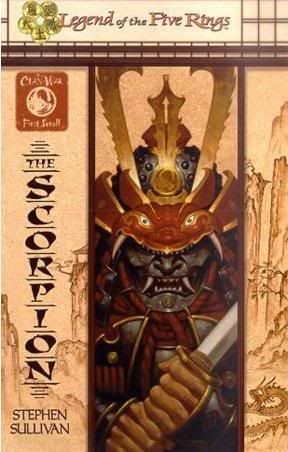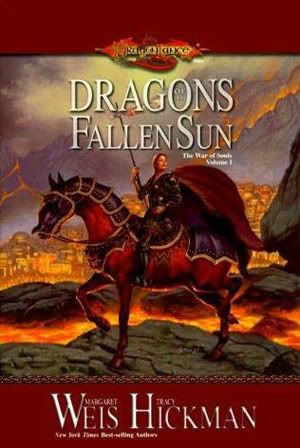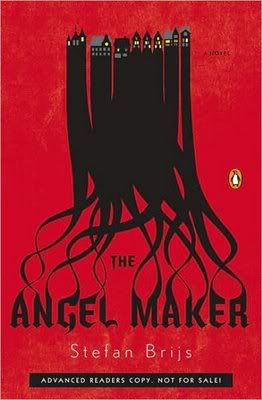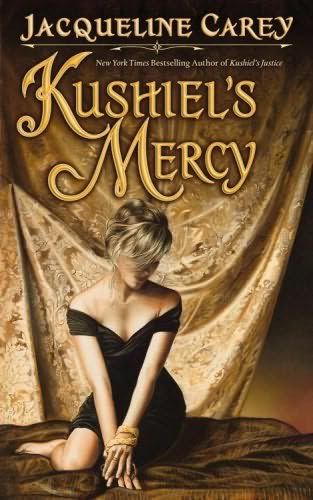I didn't like Never Let Me Go by Kazu0 Ishiguro, either, and I think they're related phenomena. They both feature strings of winding narratives, sometimes only vaguely (if at all) connected to each other, and ethereal/metaphysical-thinking characters that I couldn't feel any real attachment to. I'm no stranger to introspection, and I even appreciate it in stories, but I felt like narrative was being sacrificed for the sake of reflection and that doesn't give me much to hold on to. In the spirit of honesty I confess I didn't actually finish Wind-Up Bird Chronicle, but at about 3/4 of the way through it I realized I didn't care what the ending was. It is a chunker of a book, and I'd spent a couple weeks trying to slog through it, and I just couldn't do it any more. I guess I will never know what the secret of the narrator's wife is, or why the hell I had to read that horrible story about killing all the zoo animals. Oh well.
So then I read a string of Terry Pratchett novels, including one I hadn't read before (Thud!) and they were all excellent. I'm partial to Pratchett's novels about the City Watch, because Sam Vimes and Lord Vetinari have some of the best repartee I've ever encountered. Pratchett's books hover on the formulaic, but it's a formula that works - Vimes is a character that demands your respect if not your love, and from me he's got both. Following him through crime and his Batman-esque struggle to stay on the right side of the law is always a brilliant morality play (and you know the bad guy will get it in the end, sometimes by having fireworks crammed in unfortunate places).
I just finished a total absorption with one of John Connolly's mystery novels featuring Charlie Parker, who I'd only known previously from his short story collection Nocturnes. Dark Hallow was a book I waffled on the whole time I was reading it, and then at the very end it delivered me such a sharp dart of clarity that everything I'd had trouble with slotted neatly into place. My original concern had been that Connolly was spreading his resources too thin - there were too many stories, too many characters, and not quite enough holding it all together. The reward at the end is finding out they're all one story, and that every character has a purpose, and that every seemingly-chatty side story fits neatly into the narrative and becomes one cohesive whole. It is a fine bit of storytelling, which is good because I REALLY loved The Book of Lost Things (which you can read about below) and also Nocturnes.
For the moment I'm taking a break, although I'll undoubtedly return to Connolly and Charlie Parker. For now, I'm going to appease the creature-feature lover in me and see about reading The Lost World. I can't really imagine NOT liking it, since Jurassic Park is so awesome, but I guess you never know. Especially with Michael Crichton.





